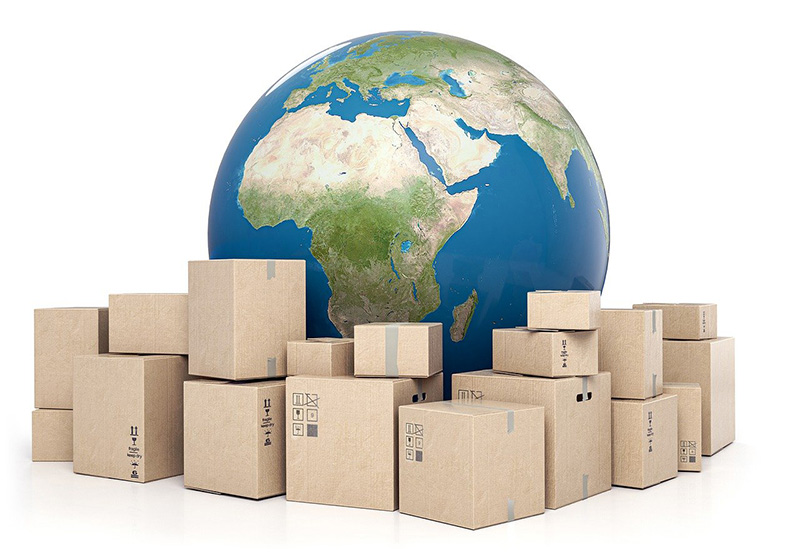Articles
International Shipping: A Guide for Businesses
Expanding your customer base globally can be a lucrative opportunity, but it also comes with unique challenges and complexities in terms of international shipping and customs clearance. Here is some guidance on best practices and how to navigate these challenges effectively.
Challenges of International Shipping and Customs Clearance
Regulatory Compliance
Different countries have varying regulations and requirements for imports, exports, and customs clearance. Staying compliant with these regulations is crucial to avoid delays and fines.

Customs Documentation
Accurate and complete customs documentation is essential. This includes commercial invoices, packing lists, certificates of origin, and any required permits or licenses.
Tariffs and Duties
Understanding the tariff codes and duty rates for your products in each target market is critical. Unexpected duties and taxes can significantly impact your costs.
Import/Export Restrictions
Some products may be subject to import or export restrictions, such as goods that require special licenses or are prohibited altogether.
Shipping Costs and Transit Times
International shipping costs can vary widely, and transit times can be longer. Balancing cost-efficiency with timely delivery is a challenge.

Best Practices for International Shipping and Customs Clearance
Partner with Experts
Consider partnering with freight forwarders, or logistics experts who specialise in international shipping. They can help navigate complex regulations and ensure compliance.
Accurate Product Classification
Correctly classify your products with the Harmonised System (HS) codes. This determines the applicable tariffs and duties.
Streamline Documentation
Implement systems to generate accurate and consistent customs documentation. This reduces the risk of errors that can lead to delays.
Packaging and Labelling
Ensure that your products are packaged and labeled according to international standards. Clear and accurate labelling can help expedite customs clearance.
Customs Compliance Training
Provide training to your team to ensure they understand customs compliance requirements. Mistakes made at this stage can be costly.
Insurance
Consider comprehensive shipping and cargo insurance to protect your goods in transit and mitigate potential financial losses.
Build Local Relationships
Establish relationships with local customs authorities and shipping partners in your target markets. This can help facilitate smoother customs clearance processes.
Plan for Delays
Recognise that delays can occur due to various reasons, including customs inspections. Communicate transparently with customers about expected delivery times.
Continuous Improvement
Regularly review and refine your international shipping and customs clearance processes based on your experiences and feedback from customers and partners.
Expanding globally can be a rewarding endeavour, but it's essential to approach it with careful planning and a commitment to compliance. Leveraging the expertise of professionals and staying informed about changing regulations will be crucial to your success in international markets.
Back to Articles
What our clients say...
“Had a requirement for a delivery of computer parts to a client and used Critical Shipments after a recommendation - arrived promptly for collection and received notification of delivery the next day. My client reported the package arrived safely and was handled with care during transit, not something that can be said for a lot of couriers these days. Would highly recommend, particularly for sensitive / expensive equipment that must arrive as it was sent” - AG
Try us out.
Why not give us a no-obligation try out first? Simply make a booking and test our service before registering